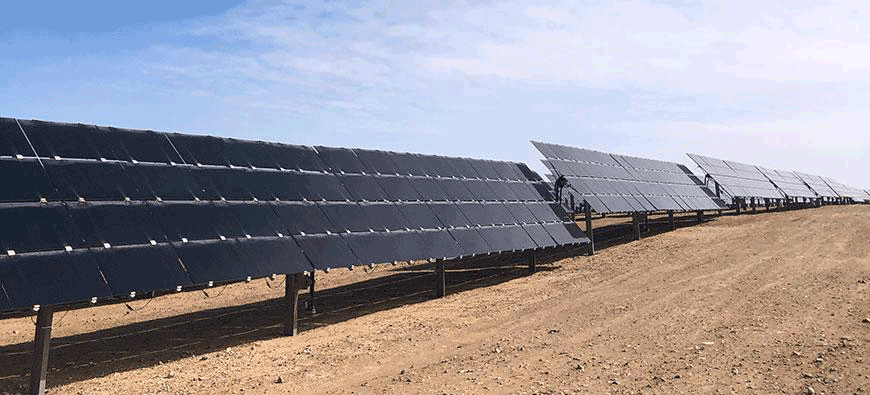You are here
Diagnostic and cure
Nov 05,2016 - Last updated at Nov 05,2016
Inefficient use, or misuse, of our country’s very limited resources are two persistent causes for its slow progress.
These shortcomings have been challenges that successive governments proved unable to properly address due to several factors including, but not limited to, lack of a consistent approach to defining the causes of ineffective public department work and lack of true collaboration between the public and private sectors, which led to failure to give a boost to the economy.
To that should be added the ineffective utilising of international grants and loans, the failure to establish sustainable and profitable projects, lack of a transparent financial governance system (according to the World Bank, 20 per cent of our finances goes to waste), and several other macro and microreasons.
Decision makers are stuck with the same staff who manage the economic policies. They have been planning and making statements to the media for many years, using almost the same language and the same plans with no truly positive outcomes.
This structural inertia leads to entitlement among decision makers who resist change, which cannot be achieved without entrepreneurial individuals who care about the welfare of the country.
King Abdullah, an inspirational leader, has wisely kept the country safe amidst the chaos in neighbouring countries.
He has been exerting extraordinary effort to explain the increasing pressure the continued influx of refugees puts on our infrastructure and economic resources, and to convince foreigners to invest in the country, taking advantage of the incentives he instructed the government to make available for investors.
Most senior officials failed to exhibit the same level of dedication in the service of the country.
In almost all his speeches the King showed positivity and hope, but also indicated that he is not fully satisfied with the performance of many government officials who failed to meet the expectations of the people.
In all his messages, the King laid down the foundation for an efficient state system that rests upon several pillars that are consistent with the country’s Constitution. Yet, many political segments tried to maintain the status quo to their advantage.
It is time for the people, especially the youth, to be given the opportunity to fully participate in making decisions that significantly affect their future.
The lost trust between successive governments and the vast majority of people cannot be regained if the country’s most important economic and political decisions continue to be made exclusively by the same people who have been clearly unable to address major economic problems.
Reform means enabling all Jordanians to exercise their rights and have a say in all decisions concerning their lives.
Reform entails the legislative and monitoring role of Parliament over government practices. It means a Constitution protected by the state and enforced on all segments of the society.
It means that public policies go through a natural process, beginning with input from major institutions, parties, NGOs, youth movements, followed by serious discussions of these policies via official and public channels, and finally thorough discussions in Parliament.
I hope that special interest groups, such as businessmen, politicians, will stop intervening in formulating policies and will no more be getting special treatment.
Marwan Alshammari,
US
Related Articles
Statistical capacity is defined by the World Bank as “a country’s ability to collect, analyse and disseminate high quality data about its po
AMMAN — The National Society of Consumer Protection (NSCP) has called on the government to abolish the taxes in the renewable energy sector,
The Organisation for Economic Cooperation and Development (OECD) on Saturday urged Jordan to further engage in public governance reform programmes.













